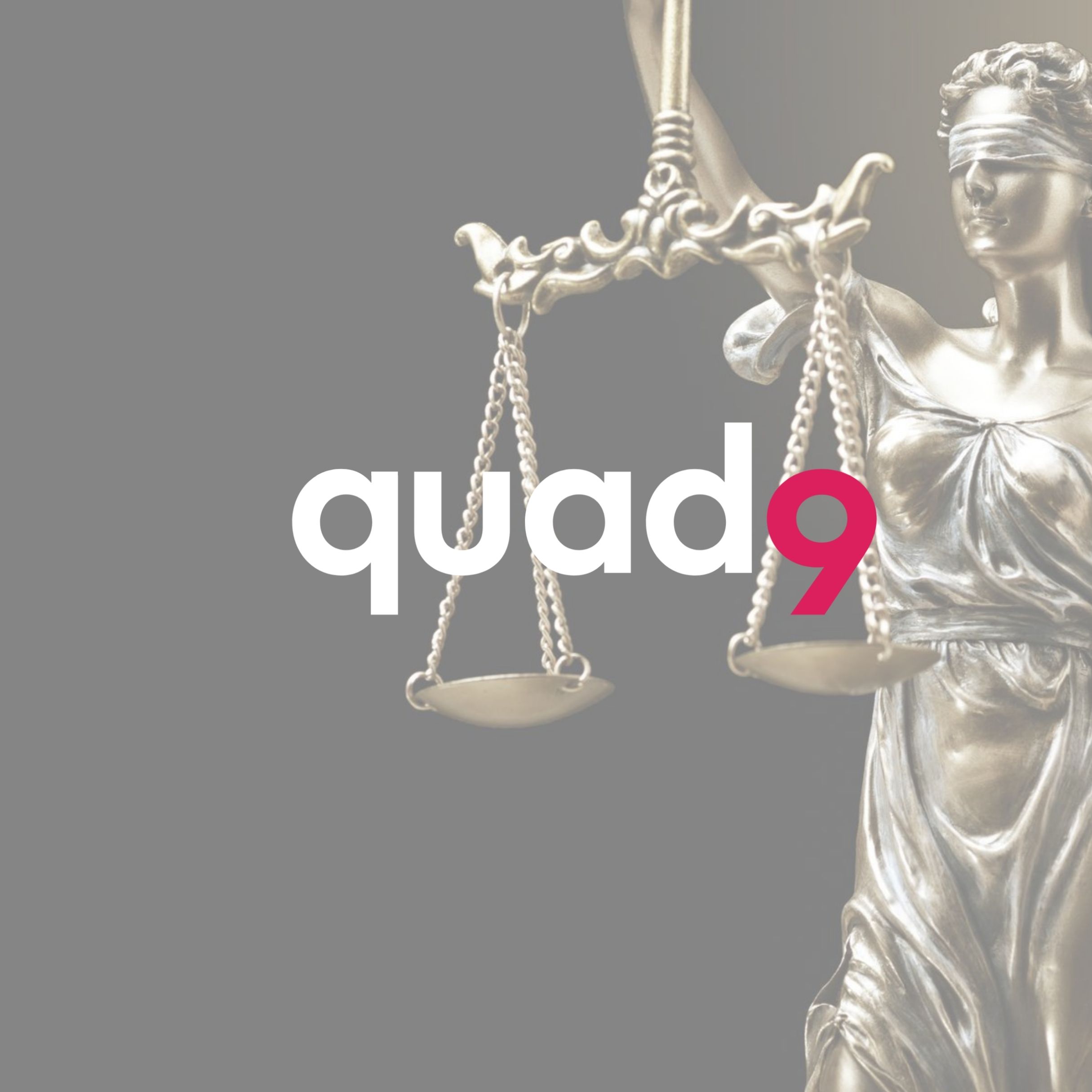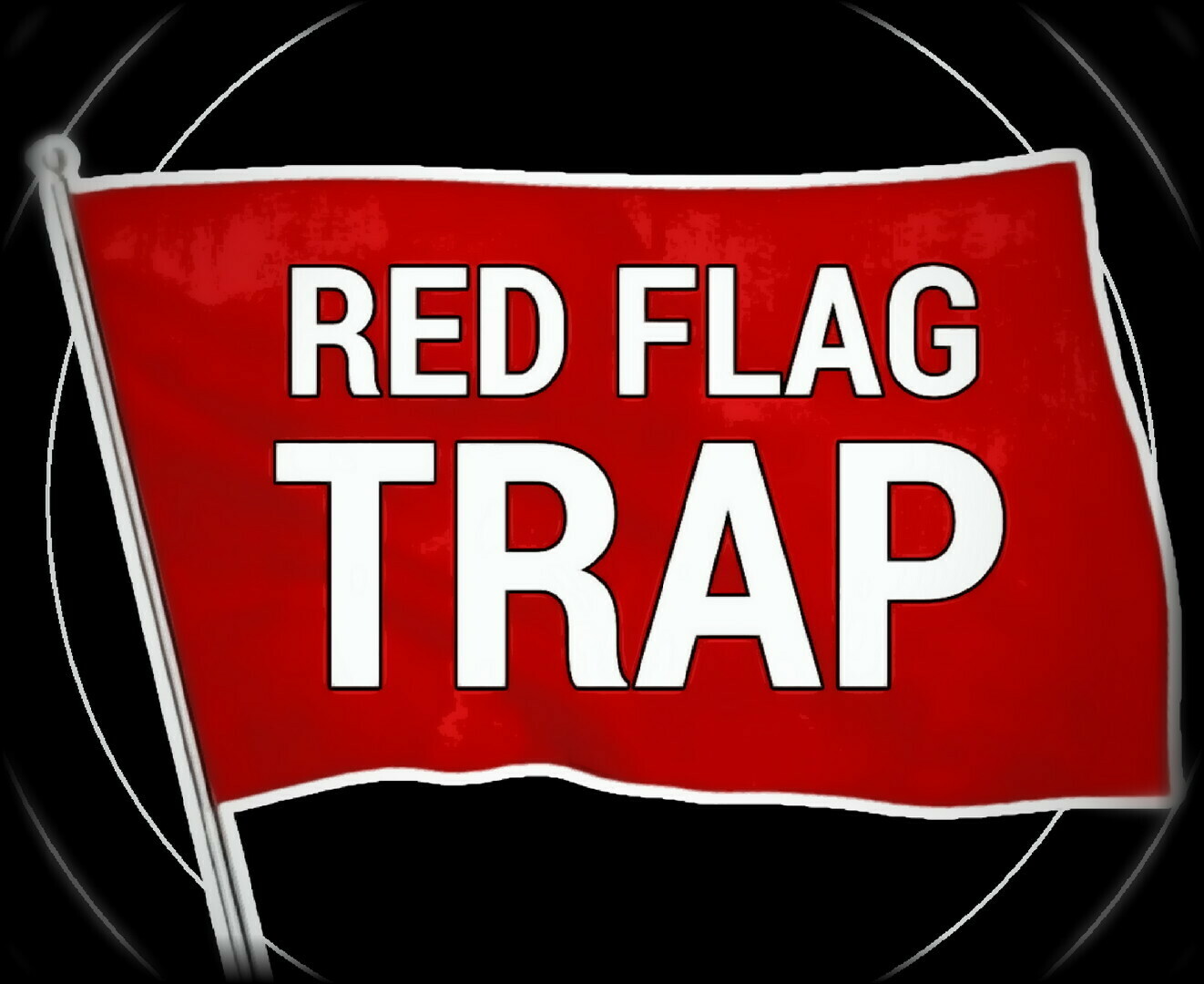Copyright All the Melodies ... or maybe not so much
I've watched Damien Riehl's amusing TEDxMinneapolis talk recently in which he and a partner algorithmically ran an exhaustive brute-force attack on all melodies consisting of 12 notes of 8 tones (the chromatic scale), as an end-run around copyright closing in on all possible musical melodies.
The methods are ingenious, and the goals admirable. The reasoning, however, seems faulty on at least two points.
Standing
If Riehl & co have in fact contributed their works to the public domain, instead of licensing them, they've fallen victim to one of the classic blunders: Ceding standing.
Though not precedent, the example of Highsmith vs. Getty, in which a photographer (Carol Highsmith) contributed her life's work to the US Library of Congress and the public domain, was sent a cease-and-desist by Getty Images / Almy / LCS demanding a licensing fee, and in turn sued, in a somewhat celebrated case, for $1 billion.
Getty claimed in press that they would mount a vigorous defence, and apparently did:
Highsmith had no right to claim misuse or infringement, said Getty, because she gave up that right when she donated her images into the public domain.
In late October [2016], the courts agreed with Getty, basically destroying Highsmith’s case.
-- $1 Billion Getty Images Lawsuit Ends Not with a Bang, but a Whimper
I'll note that Highsmith's actions did spare her the licensing demand. But they denied her (and the countless others who receive such utterly baseless claims daily) any true justice. Individual property rights are apparently well-defended in US courts, but collective rights ... not so much.
Authorship
The other notable hole in Riehls theory is of course 17 USC 102, Subject Matter of Copyright
Copyright protection subsists, in accordance with this title, in original works of authorship fixed in any tangible medium of expression, now known or later developed, from which they can be perceived, reproduced, or otherwise communicated, either directly or with the aid of a machine or device.
Note the components. Fixity in a tangible medium is necessary but not sufficient. The work must be not only original (arguably met in at least part) but of authorship, on which algorithmic exhaustive search ... is on markedly thinner ground. Is this a mere compilation of facts (Feist v. Rural Electric), or a nonhuman author (Slater v. PETA "monkey selfie").
I suspect others have raised these, similar, or other objections.
I do appreciate the spirit and effort, however.
Adapted from an email sent to Fastcase, Mr. Riehl's employer.
#DamienRiehl #copyright #infringement #publicDomain #law #NiceTryBut




